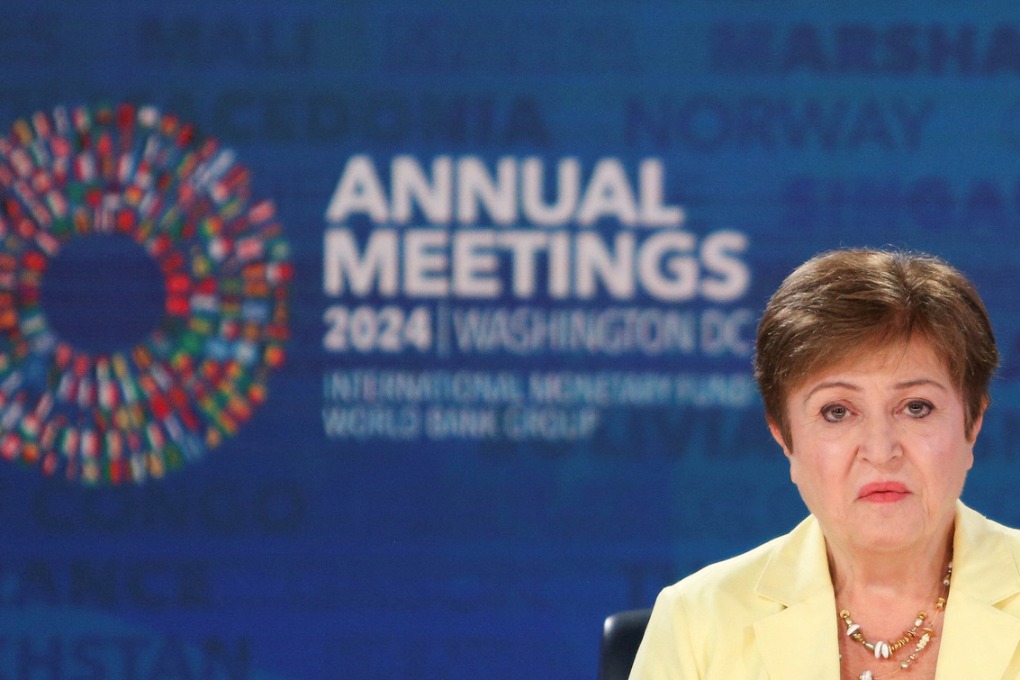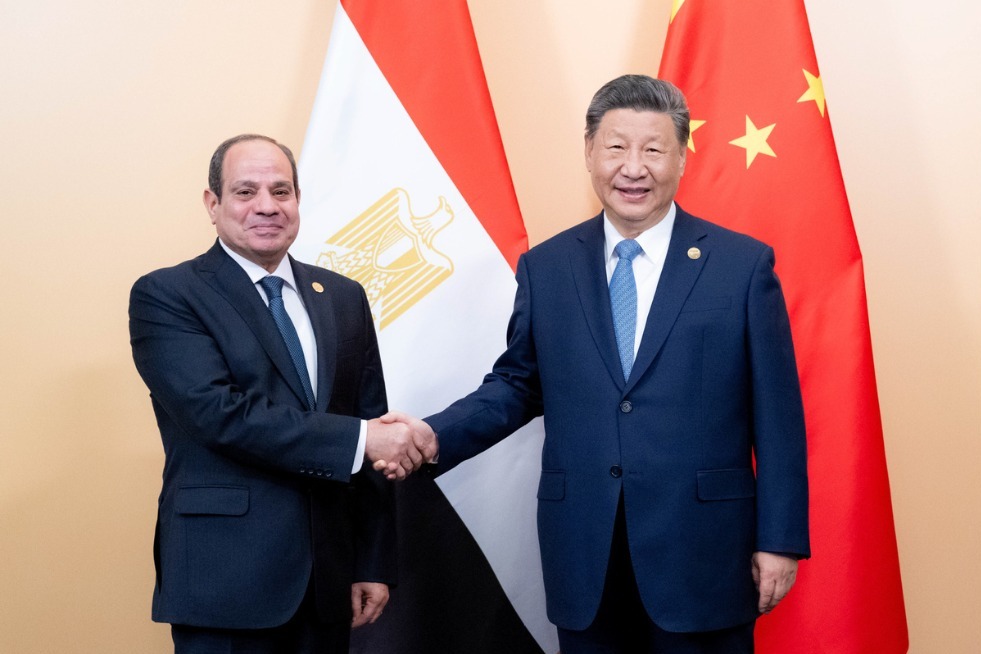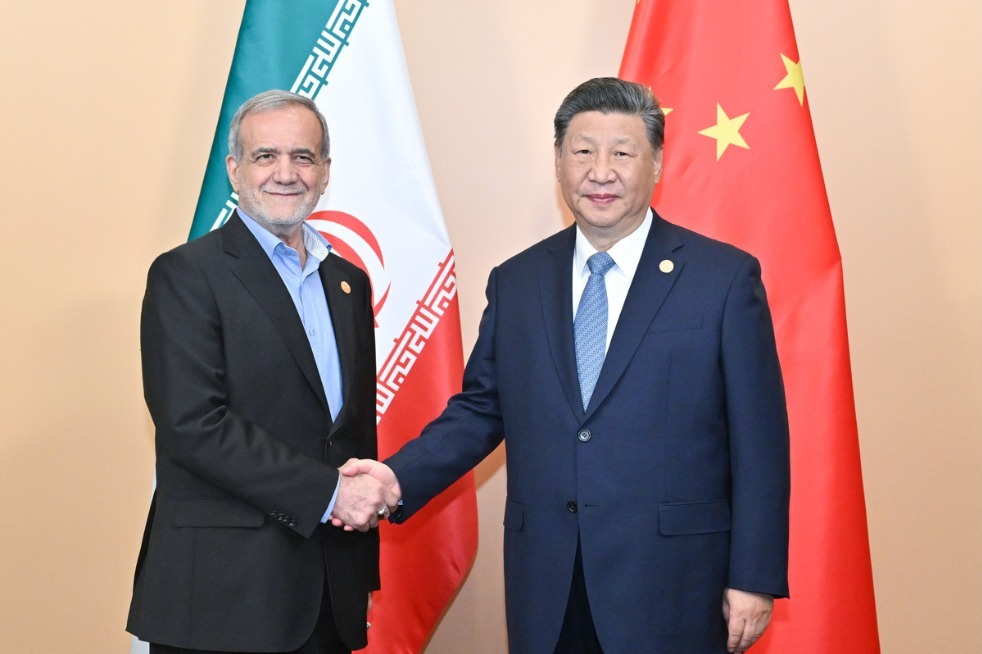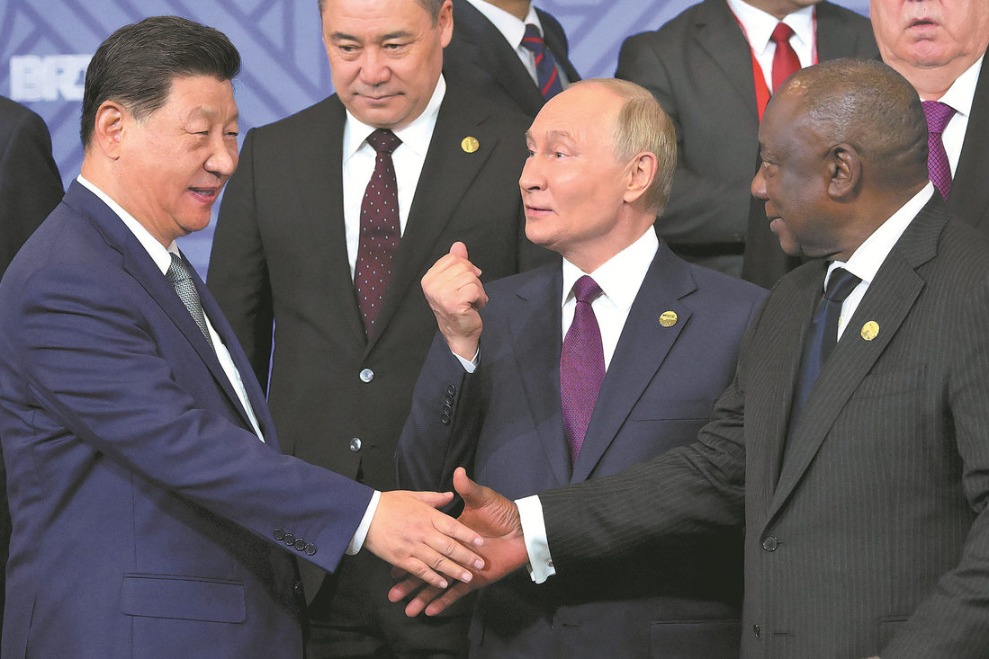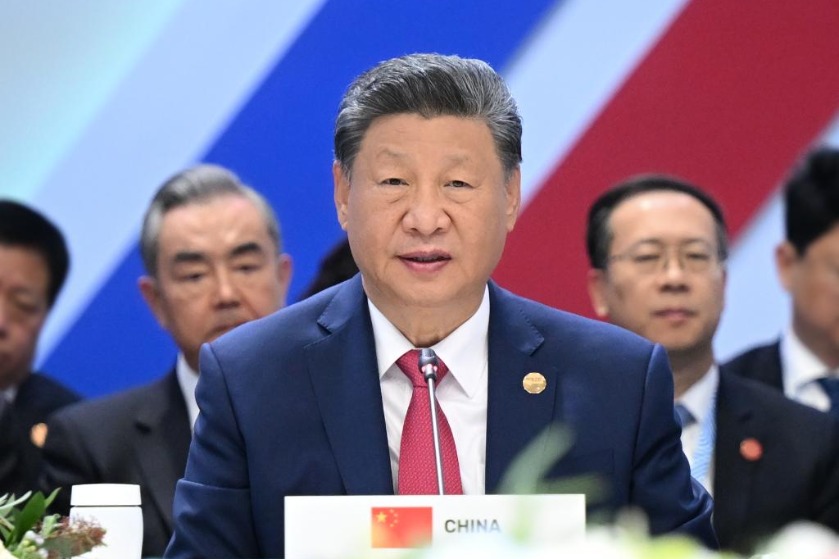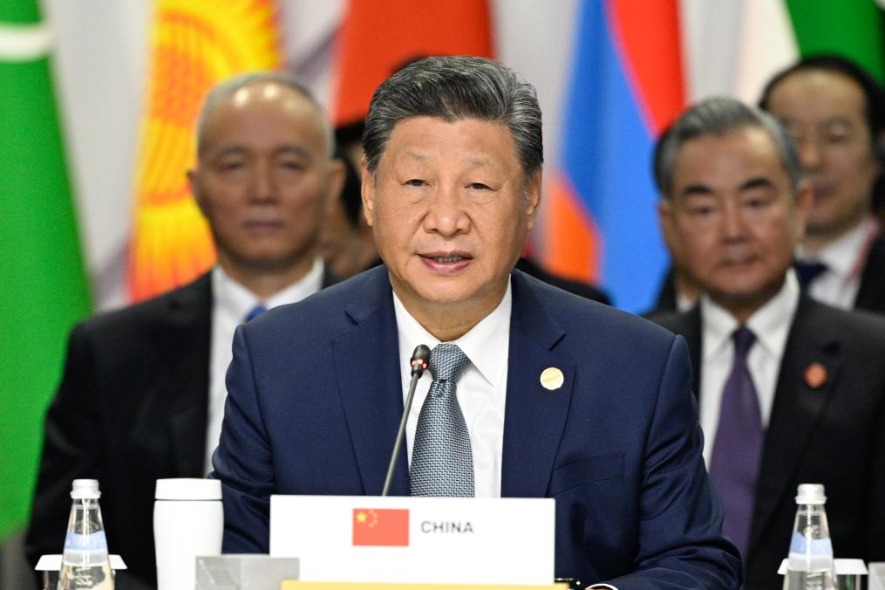Top UN court orders Israel to stop Gaza offensive


Judges at the International Court of Justice in The Hague said on Friday that the situation in Gaza had deteriorated since they last ordered Israel to take urgent steps to alleviate the humanitarian crisis there.
Reading out a ruling ordering Israel to halt its military offensive in the southern Gaza city of Rafah, Nawaf Salam, president of the top United Nations court, said provisional measures ordered by the body in March did not fully address the current situation in the enclave.
The ruling was made after an urgent plea by South Africa to order Israel to halt its offensive in Gaza over accusations of genocide, a claim dismissed by Israel.
Friday's ruling put further pressure on Israel, with more European nations recognizing the State of Palestine, potentially reshaping the dynamics of the Middle East, experts said.
It came just days after the prosecutor at another court in the Dutch city, the International Criminal Court, announced that he is seeking arrest warrants for Israeli Prime Minister Benjamin Netanyahu and three Hamas leaders.
While such rulings are legally binding, they lack the power of direct enforcement, said Niu Xinchun, executive director of the China-Arab Research Institute at Ningxia University.
"The rulings won't directly affect Israel's offensive," he said. "But they have raised concerns within Israel about a potential vote in the UN Security Council. The United States will also be put in a tough spot, as the closest ally has publicly opposed Israel's attacks in Rafah, making a veto difficult, but without a veto, it can't protect Israel."
Shu Meng, an assistant professor at Shanghai International Studies University's Middle East Studies Institute, said, "In the long run, international pressure will have a profound impact on Israel's long-term strategic planning."

In addition, recent decisions by Norway, Ireland and Spain to recognize the State of Palestine show that more countries now stand on the side of justice over the issue, leaving Israel and the US increasingly isolated, experts said.
So far, some 140 countries have recognized the Palestinian state. In stark contrast, most Western nations are not among them.
The US government on Wednesday said that Palestinian statehood should not be realized through "unilateral recognition".
"The past seven months have underscored the necessity of a two-state solution. Without a Palestinian state, the solution won't be realized," Niu said. "The three European countries' move is a solid step toward Palestinian statehood, as it may encourage other countries, not least those in the West, to take similar steps."
The announcements made clear the view in a growing number of capitals that Palestinian sovereignty cannot wait for a permanent peace deal with Israel, The New York Times commented.
Agencies contributed to this story.
















